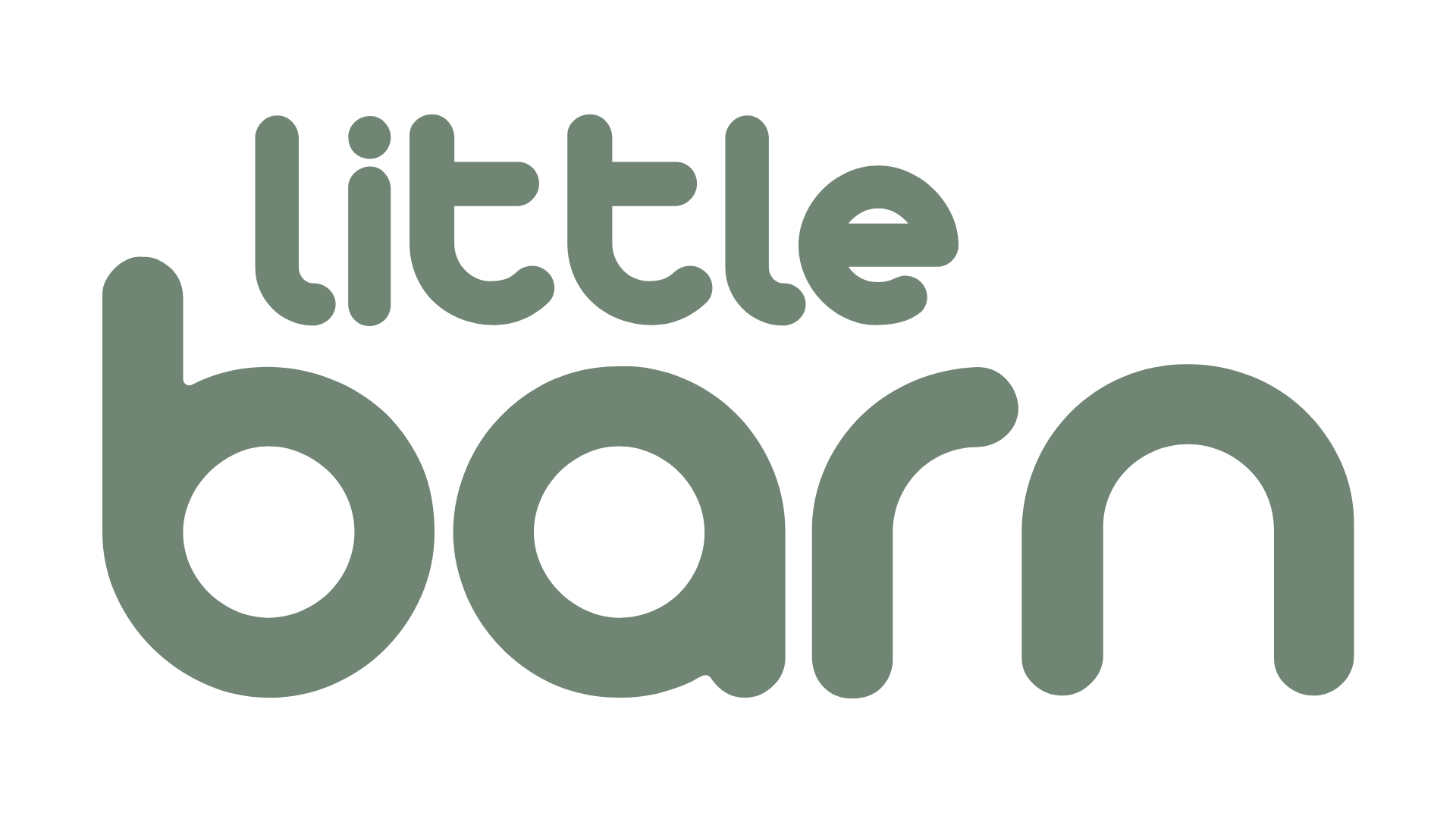As parents, ensuring our babies receive the best nutrition is a top priority. One crucial aspect of infant nutrition is managing sodium intake, as excessive sodium can strain developing kidneys and may influence health later in life. Let’s explore the essentials of sodium in baby food, including recommended amounts, foods to avoid, and tips to keep sodium levels in check.
Salt vs. Sodium: Understanding the Difference
Salt is composed of two elements: sodium and chloride. Sodium is the component that affects our health, particularly concerning blood pressure and kidney function. While sodium is essential for bodily functions, maintaining appropriate levels is vital, especially in infants.
Why Babies Shouldn’t Take Too Much Salt/Sodium
Babies' kidneys are still developing and cannot process large amounts of sodium efficiently. Too much sodium can put unnecessary strain on their kidneys and other organs. Excessive salt intake may also increase the risk of high blood pressure later in life and could affect their overall health. In fact, high sodium intake early in life is linked to an increased risk of developing heart disease and hypertension as children grow older (source).
Excess sodium also interferes with a baby’s ability to properly absorb essential nutrients, which can affect growth and development. Therefore, it’s essential to keep sodium intake within safe limits during their early years.
Recommended Sodium Intake for Babies
Babies' sodium needs vary by age, and it's important to adhere to guidelines to support their health:
- Under 1 year: It's recommended to avoid adding salt to your baby's food. Breast milk or infant formula provides adequate sodium. Babies under 6 months typically consume all the sodium they need from breast milk or formula, with no need for additional salt.
- 1 to 3 years: The recommended sodium intake is less than 1,200 milligrams per day, equating to about 2 grams of salt. This still doesn’t leave much room for added salt (source).
Foods High in Sodium to Avoid
Many foods contain hidden sodium that can quickly add up in a baby's diet. Be cautious of:
- Processed meats: Items like ham, bacon, sausages, and deli meats are high in sodium.
- Canned soups: Even those labeled as baby-friendly can contain significant salt.
- Cheese: Many varieties, especially processed ones, are rich in sodium.
- Pre-packaged baby foods: Some contain added salt for flavor and preservation.
- Salted snacks: Foods like crackers, chips, and cheese puffs should be limited.
- Condiments: Items such as soy sauce, ketchup, and mayonnaise can be high in sodium.
Tips to Reduce Sodium Intake for Babies
To ensure your baby's sodium intake remains within healthy limits:
- Prepare homemade meals: Cooking from scratch allows you to control ingredients and avoid hidden salts.
- Use natural flavorings: Enhance taste with herbs, spices, and unsalted broths instead of salt.
- Read food labels: Check for sodium content, especially in packaged foods. Opt for products with lower sodium levels (source).
- Limit processed foods: Reduce reliance on pre-packaged meals and snacks that often contain high sodium.
- Choose fresh or frozen vegetables: These typically have less sodium compared to canned versions.
- Be cautious with dairy: Offer cheese in moderation and select lower-sodium options.
At Little Barn, we understand the importance of providing nutritious meals without unnecessary additives. Our meals are crafted with no added salt or sugar (except in Stage 6 and select Finger Foods), including our flavorful Chicken Broth and Veggie Broth. This approach ensures your baby enjoys wholesome, balanced meals that align with recommended sodium guidelines.






Comments (0)
There are no comments for this article. Be the first one to leave a message!